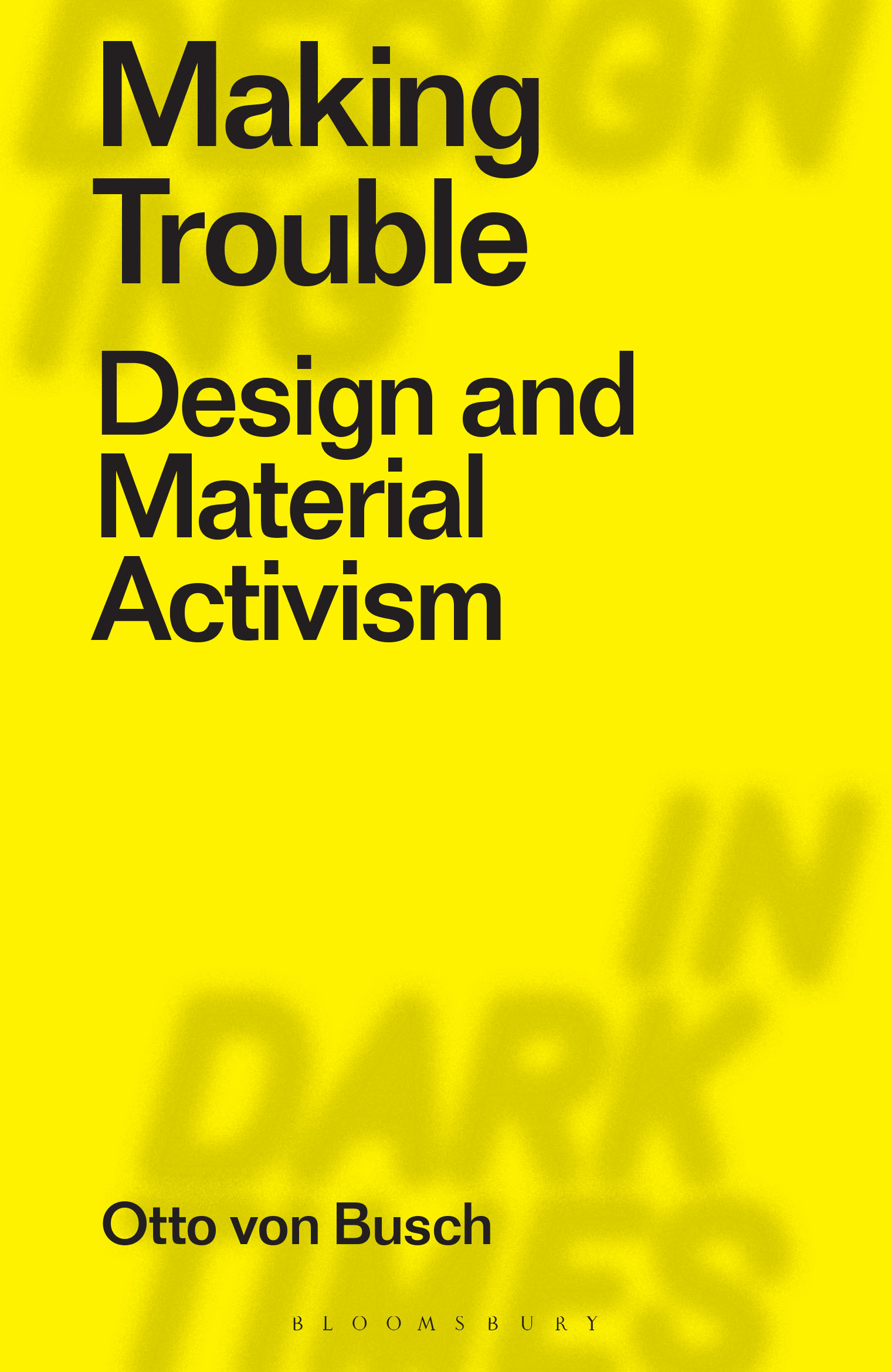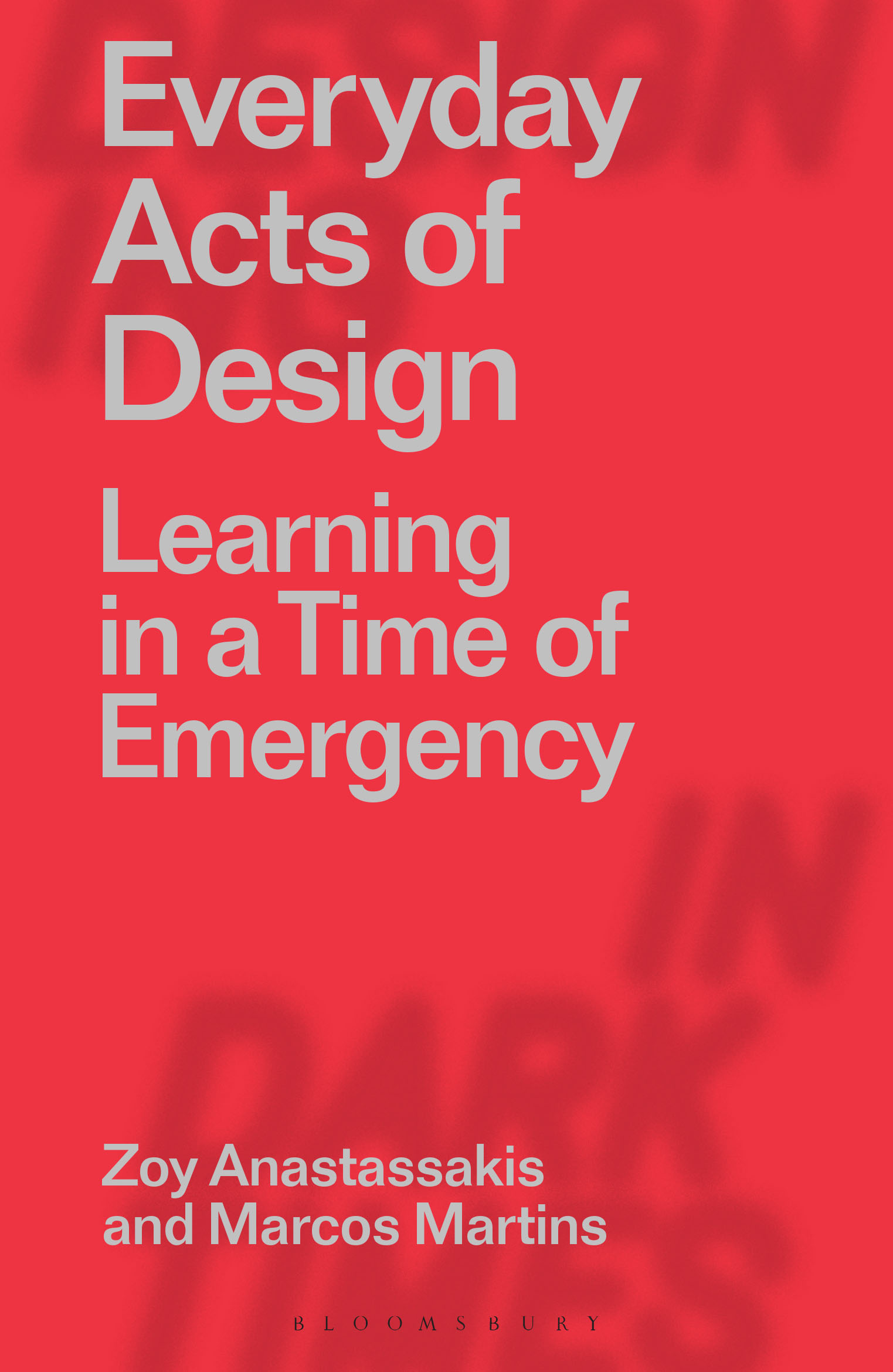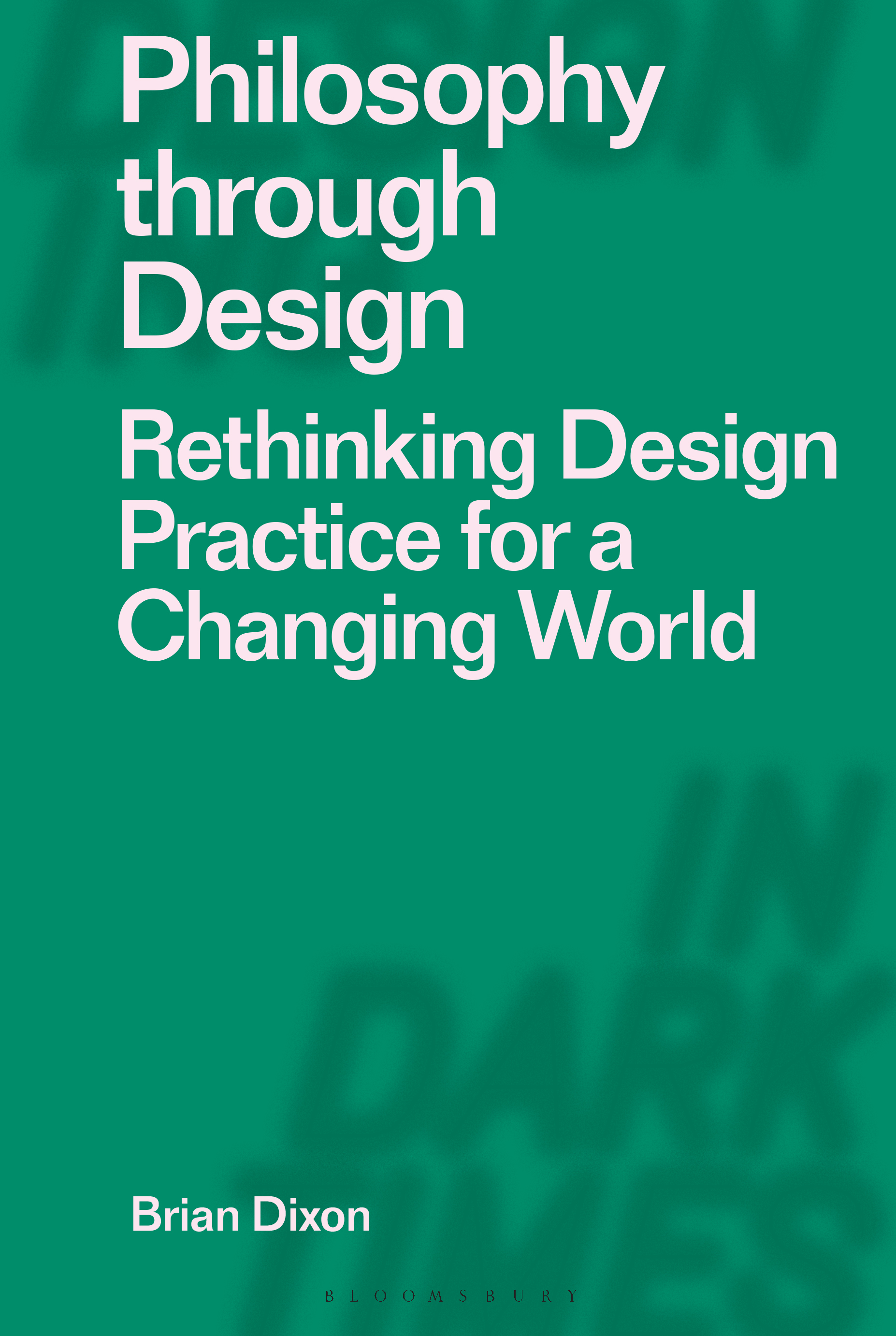
Bloomsbury
Reconditioned Design examines how dominant constraints—economic, technological, ideological, and infrastructural—have shaped design practice in the 20th and 21st centuries. Rather than accepting these forces as fixed conditions, the book calls for a systematic rethinking of what design is allowed to do. Through a method called "reconstrained designing," it proposes new ways to identify, analyze, and ultimately work around or invert the constraints that silently guide the production of contemporary design.
Constraints are not only material or technical—such as gravity, budgets, or tensile strength—but also embedded in normalized systems: energy grids, global supply chains, myths of progress, and market ideologies. These unseen forces narrow the scope of design possibility and reinforce unsustainable, exploitative practices. By surfacing these constraints and treating them as variables to be challenged rather than obeyed, the book expands the potential for more ethical, critical, and imaginative forms of design.
Combining theoretical reflection with methodological clarity, Reconditioned Design offers designers a framework for recovering agency in a system saturated with preconditions. It invites a shift away from designing within the dominant paradigm and toward practices that question its foundations, opening up pathways to more democratic, sustainable, and plural design futures.
James Auger is a designer and researcher whose work explores speculative, critical, and reconstrained approaches to design. He is Director of the Design Department and the Centre de Recherche en Design at École normale supérieure Paris-Saclay. His research examines how design can question dominant technological systems, reframe constraints, and propose more democratic and sustainable futures. Auger is co-founder of the speculative design studio Auger-Loizeau, and his work has been exhibited internationally at MoMA, Ars Electronica, and the Science Museum, among others.







